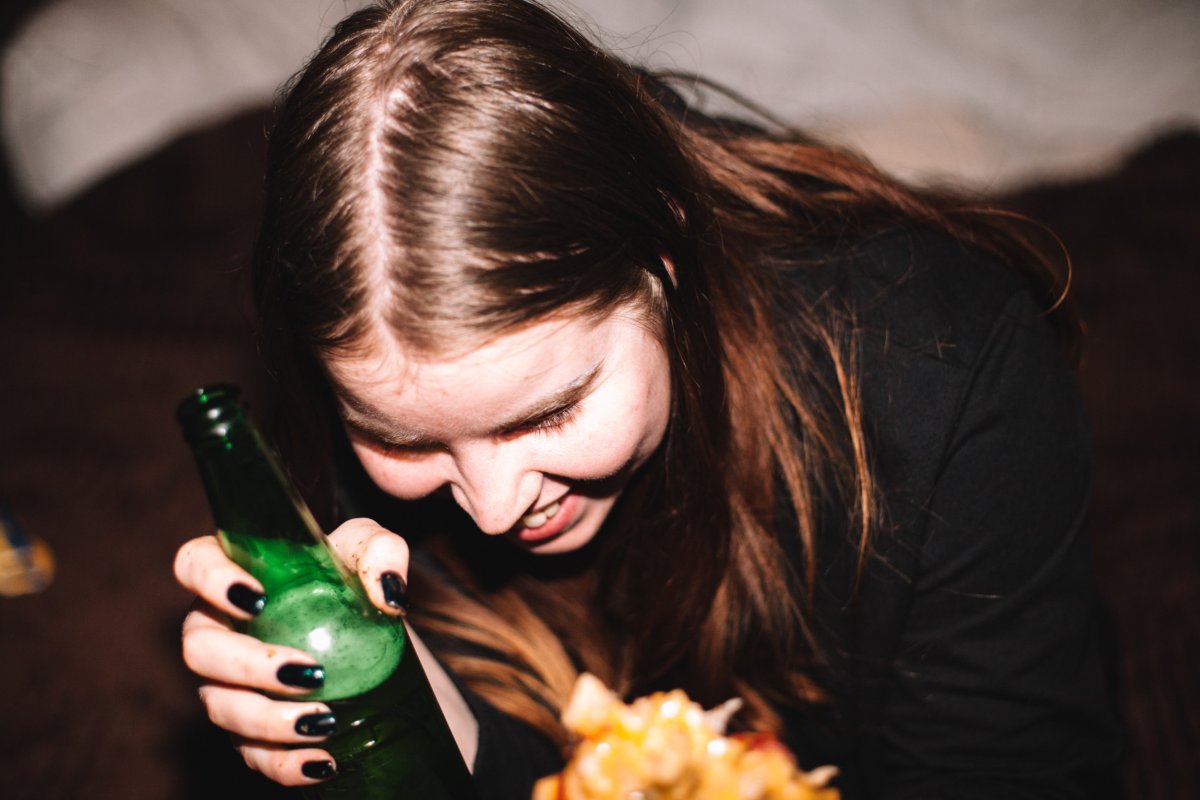Blackouts after a wild night out are blamed on high alcohol consumption, but any temporary memory loss also depends on how the drinks are consumed, according to research.
The speed of becoming drunk, length of time intoxication levels are increased for, and the peak of intoxication, are all factors that contribute to an alcohol induced blackout, says a study led by postdoctoral fellow Veronica Richards, of the Edna Bennett Pierce Prevention Research Center at Pennsylvania State University.
The findings, published in the journal in Alcohol: Clinical and Experimental Research, are based on data from 79 college sophomores and juniors who, on average, drank four or more drinks at the weekends. These students had also experienced an alcohol blackout at some point in the latest semester.
The participants wore a watch that was able to sense intoxication levels through the skin, over a course of 12 weekends. They were also asked to keep diaries to track their memories of the day before.
In total, the students had 147 blackouts over 486 days of drinking. This means around 70 percent of the students had a blackout.

The authors found that blackouts occurred on days when all the factors occurred: when the alcohol consumption was faster, when there was a higher amount of alcohol consumed, and where alcohol was consumed for a more prolonged period.
The authors conclude that lessening even one of these factors could reduce the chance of this temporary memory loss.
Slightly more blackouts were recorded in female students (80 percent) than males (70 percent), the study found. Students who experienced a blackout had around 2.2 incidents of memory loss on average over the study period.
To lessen the chance of memory loss, authors suggest the avoidance of drinking games, which can often lead to a large amount of alcohol being consumed at one time. Alternating alcohol with soft drinks during a night could also help, they add.
Interventions like this may be needed as blackouts are a "significant problem among college students," the authors report, sometimes with "significant consequences."
In minor cases the students can experience severe embarrassment, while other more serious circumstances can lead to assault. These instances all occur during blackouts, according to the study.
The watches worn by the students during the study period were good at providing details of drunkenness that they don't report themselves. However, authors noted that it may miss factors on days where less alcohol is consumed.
For this reason, research into blackouts is far from over. But this study can certainly help inform scientists on the factors involved in alcohol induced memory loss.
Do you have a tip on a science story that Newsweek should be covering? Do you have a question about alcohol? Let us know via science@newsweek.com.
Uncommon Knowledge
Newsweek is committed to challenging conventional wisdom and finding connections in the search for common ground.
Newsweek is committed to challenging conventional wisdom and finding connections in the search for common ground.
About the writer
Robyn White is a Newsweek Nature Reporter based in London, UK. Her focus is reporting on wildlife, science and the ... Read more
To read how Newsweek uses AI as a newsroom tool, Click here.








